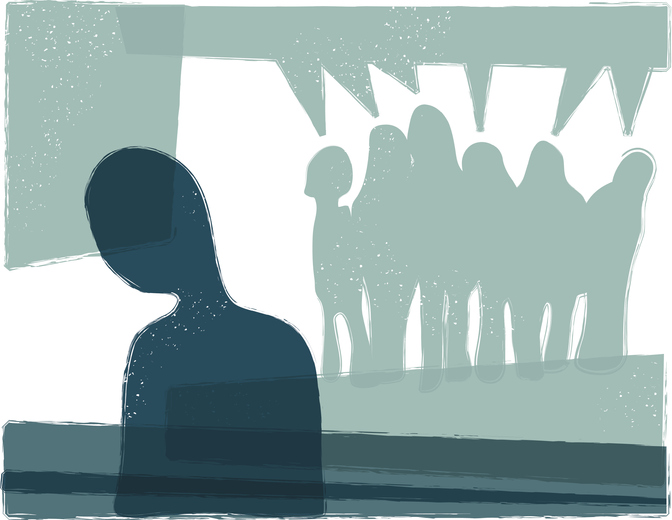Living with Chronic Pain
Tips for Dealing With Unsupportive Family Members and Friends
Source: Healthline

8 people found this helpful
Print
Share
Save
When dealing with chronic pain, you may have unsupportive family members or friends who are inconsiderate with their remarks, unwilling to help, or uninformed about your condition. Others may think you are lazy or immature, or that the pain is not real. Loved ones who support you also have to deal with this, which can place a strain on many relationships.
Dealing with unsupportive loved ones
Steps can be taken to decrease the negative impact these individuals place on you. Tips for dealing with unsupportive family members and friends include the following:
- Recognize that some people do not understand chronic pain. Family members and friends who have not personally experienced chronic pain may not understand how it differs from acute pain. Statements and actions may stem more from a lack of understanding than from not caring. Offering information about your chronic pain or illness can be helpful.
- Decide what to share. Unsupportive family members and friends may not need all the details about your chronic pain or health. It may be best to keep certain topics of conversation off-limits. For example, if certain subjects are approached, such as losing weight to relieve chronic knee pain, changing the topic can prevent you from dealing with negativity or having to defend yourself.
- Think about what you need from the relationship. You should consider what is required from the unsupportive family member or friend. Make the request clear and give them an opportunity to help you. For example, if emotional support is needed, ask them to check in on a regular basis and avoid minimizing symptoms. If you want transportation to an appointment, make the request directly to them instead of waiting for an offer.
- Cut ties when necessary. If the family member or friend’s lack of support is severe and does not change, it may be necessary to cut ties with that person. This is especially true if the relationship causes you more harm than good. Loved ones who support you may also need to cut ties.
- Prioritize supportive relationships. You should prioritize relationships with supportive family members and friends. Spending time with them and being able to lean on them can strengthen those relationships and improve your overall well-being.
Additional sources: Creaky Joints and Verywell Mind

















